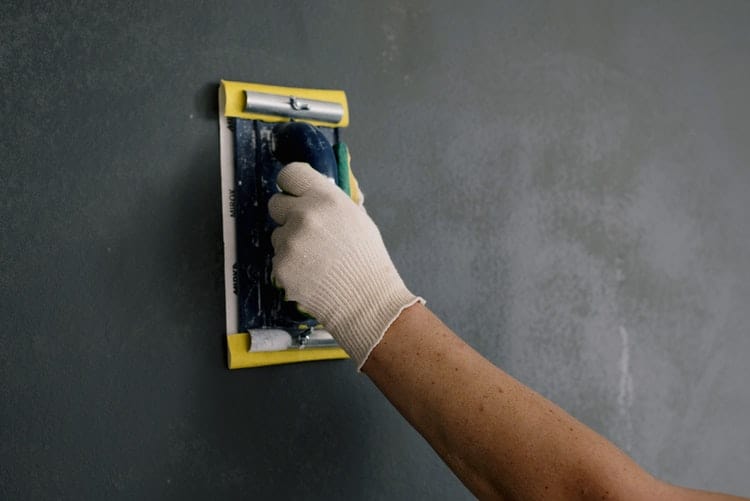Based on their suitability and effectiveness, industrial coatings are made differently. This is so that they can meet the required demands of the places that they are applied to. Paints, for that reason, are made with different characteristics. You will agree that paints designed for walls are very much different in composition and intensity compared to those designed for marking roads or for marine use.
Exposure to extreme temperatures, weather conditions, and moisture is why industrial coats are made differently depending on where it is to be applied. As you will see on Promain, there are different industrial paints designed specifically for different environments, and they are made differently for them to be suitable.
If you have thought that paint is just paint, then it’s time you got some enlightenment about the different types of industrial coatings and why they are different, as explained below.
Different types of industrial coatings
Alkyd paints
Alkyd paints are made using acid and alcohol, and they are mainly used for decorative purposes as well as for the protection of steel that is exposed to a mild environment. Alkyd paints are not water or resistant, so it is recommended that they be used only above water. These paints are not suitable for marine use or in chemical plants and refineries.
Vinyl paints
Vinyl coats are widely used in chemical plants, tank farms, and refineries. That is because they are perfectly suitable to the conditions they are exposed to because of their water and chemical-resistant capabilities. They are easy to apply, and they are not dependent on temperature.
Also, vinyl paints are relatively resistant to chemical corrosion as well as water-related effects. Among the primary reasons that vinyl paints are preferred for use by tank firms, chemical plants, and refineries is their ability to withstand heat. Vinyl paints have a high content of volatile organic compounds and have quick-drying capabilities. However, they are poor at resisting strong solvents.
Chlorinated rubber coatings
Chlorinated rubber coatings are used widely in different areas because of their distinct capabilities. They are effective for use in bridges, chemical plants, tank farms, refineries, and marine structures. When they are installed, they dry physically, and they are good at resisting water and hence the reason they can and were traditionally used on ships and various marine structures.
Epoxy coatings
Epoxy coatings are made to meet specific requirements requiring versatile and good adhesion and penetration capabilities. Due to these qualities and their good water-resistant capabilities, they are suitable for use in ships and under and over water.
Epoxy mastic coatings
Epoxy mastic coatings are the most versatile paints that are most suitable for both industrial and marine use. They have great water-resistant capabilities, and they are the primary choice for use on ships and virtually all other marine structures. In instances where an additional topcoat is required, they are the best option. However, they shouldn’t be applied on thick coats of paints that dry physically.
Summary
Now you have it, the detailed explanation of different industrial coatings, their suitability, and their capabilities. It’s up to you to choose depending on where you intend to apply to any of them.
